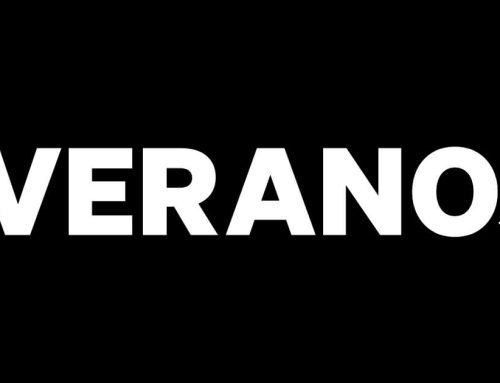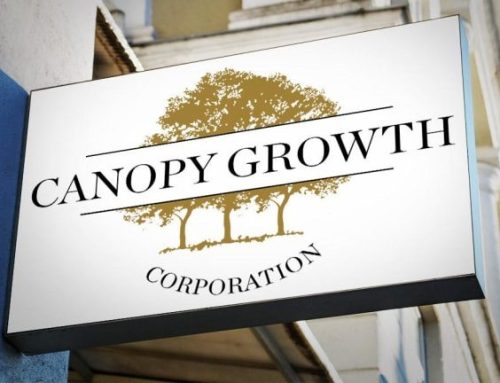California’s Cannabis Tax Collection Challenges Highlight Business Closure Impact
LOS ANGELES- California’s cannabis industry faces significant fiscal challenges as a substantial portion of overdue taxes remains uncollected, primarily due to the closure of indebted businesses. According to a new report by Greenwave Advisors, the state is owed approximately $732 million in cannabis sales and use, excise, and cultivation taxes. Alarmingly, about 72% of these debts are attributed to companies that are no longer operational.
The analysis by Greenwave, which reviewed data from the California Department of Tax and Fee Administration (CDTFA), also uncovered that $173 million in taxes were levied on unlicensed cannabis sales, suggesting an estimated $1.2 billion in sales through unauthorized channels. This accounts for a quarter of the total market, indicating significant challenges in curbing unregulated cannabis distribution.
In terms of revenue, the state reported a 16% increase in cannabis sales in 2023, totaling $4.4 billion, up from $3.8 billion in the previous year. However, distributors are estimated to owe the state around $1.2 billion in taxes, a rise from last year’s $1 billion. This includes taxes due to the state and payments owed to cannabis brands.
The closure of major distributor Herbl in September underscores the industry’s financial strains. Reports from the Green Market highlighted issues with Herbl being unable to pay vendors, primarily due to financial pressures from dispensaries that took inventory but struggled with payments.
The tax structure in California imposes a significant burden on cannabis businesses and consumers alike. Cova Software reports that total cannabis retail taxes can range between 28% and 40% per purchase, inclusive of excise, sales, and local business taxes. With the main excise tax slated to increase from 15% to 19% in 2025, the financial pressure on companies is expected to intensify, potentially leading to further compliance issues.
The state’s enforcement actions through property seizures have had limited success in recouping owed taxes. For instance, a CDTFA auction of seized properties from 10 cannabis businesses only generated $2,075, a fraction of the $14.4 million owed. Such results highlight the inefficacy of current strategies to address tax delinquency in the cannabis sector.
In April, further actions were taken against entities like Kush Spot and Whittiers Cure Cannabis Dispensary for unpaid taxes, demonstrating ongoing efforts to tackle non-compliance. According to CDTFA Director Nick Maduros, property seizure and auction are essential tools in the state’s strategy to recover owed taxes, albeit with modest success in mitigating the broader financial issues plaguing the industry.



































